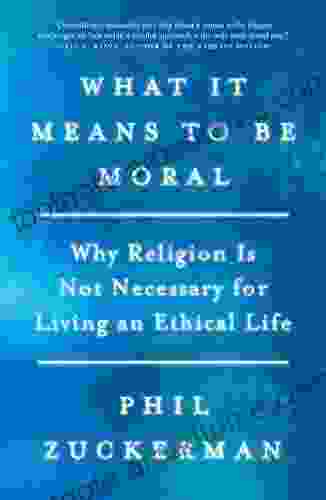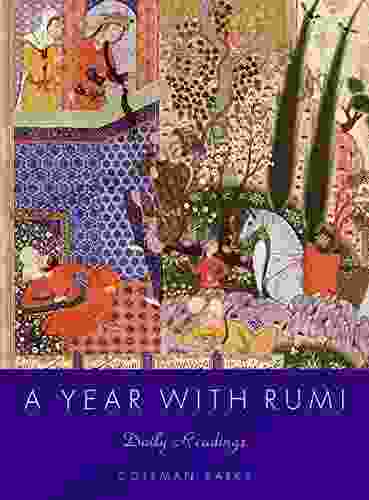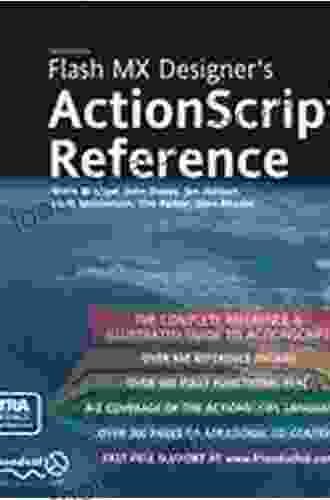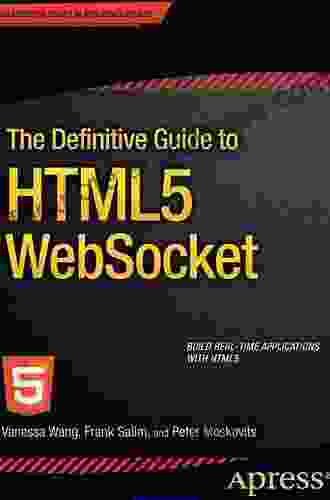Why Religion Is Not Necessary For Living An Ethical Life

Religion has been a major force in human history, shaping our morals, values, and behaviors. But is religion necessary for living an ethical life? In his book, "Why Religion Is Not Necessary For Living An Ethical Life," author Sam Harris argues that it is not.
4.6 out of 5
| Language | : | English |
| File size | : | 1887 KB |
| Text-to-Speech | : | Enabled |
| Screen Reader | : | Supported |
| Enhanced typesetting | : | Enabled |
| X-Ray | : | Enabled |
| Word Wise | : | Enabled |
| Print length | : | 395 pages |
Harris contends that morality is a natural phenomenon that can be understood and practiced without reference to any supernatural beliefs. He argues that our moral intuitions are rooted in our evolutionary history, and that they are shared by all humans, regardless of their religious beliefs.
Harris also argues that religion can often be a source of conflict and division. He points to the many religious wars and conflicts that have plagued human history, and he argues that religion can lead to harmful practices such as discrimination and violence.
Harris's book has been praised by some for its clear and concise arguments, and for its challenge to the traditional view that religion is necessary for morality. However, it has also been criticized by some for being too simplistic, and for ignoring the role that religion can play in promoting social cohesion and well-being.
Ultimately, the question of whether or not religion is necessary for living an ethical life is a complex one. There are many factors to consider, and there is no easy answer. However, Harris's book provides a valuable contribution to the debate, and it is sure to spark further discussion on this important topic.
The Natural Basis of Morality
Harris argues that morality is a natural phenomenon that can be understood and practiced without reference to any supernatural beliefs. He contends that our moral intuitions are rooted in our evolutionary history, and that they are shared by all humans, regardless of their religious beliefs.
Harris points to the fact that all humans have a sense of empathy and compassion. We are able to put ourselves in the shoes of others, and we feel bad when we see them suffer. This sense of empathy is the foundation of our moral intuitions. It is what leads us to help others, even when it is not in our own self-interest.
Harris also argues that our moral intuitions are consistent with the findings of science. For example, studies have shown that people who are more empathetic are also more likely to be altruistic and cooperative. This suggests that our moral intuitions are not simply arbitrary beliefs, but rather that they are rooted in our biology.
The Dangers of Religion
Harris argues that religion can often be a source of conflict and division. He points to the many religious wars and conflicts that have plagued human history, and he argues that religion can lead to harmful practices such as discrimination and violence.
Harris is particularly critical of the role that religion has played in promoting violence. He argues that religion often provides a justification for violence, and that it can lead people to commit acts of violence that they would not otherwise commit.
Harris also argues that religion can be a source of discrimination. He points to the fact that many religions have been used to justify the oppression of women, minorities, and other groups. He argues that religion can lead people to believe that they are superior to others, and that it can justify treating others with cruelty.
Harris concludes his book by arguing that religion is not necessary for living an ethical life. He contends that morality is a natural phenomenon that can be understood and practiced without reference to any supernatural beliefs. He also argues that religion can often be a source of conflict and division, and that it can lead to harmful practices such as discrimination and violence.
Harris's book is a challenging and provocative read. It is sure to spark debate and discussion on the important question of whether or not religion is necessary for living an ethical life.
4.6 out of 5
| Language | : | English |
| File size | : | 1887 KB |
| Text-to-Speech | : | Enabled |
| Screen Reader | : | Supported |
| Enhanced typesetting | : | Enabled |
| X-Ray | : | Enabled |
| Word Wise | : | Enabled |
| Print length | : | 395 pages |
Do you want to contribute by writing guest posts on this blog?
Please contact us and send us a resume of previous articles that you have written.
 Book
Book Novel
Novel Page
Page Chapter
Chapter Text
Text Story
Story Genre
Genre Reader
Reader Library
Library Paperback
Paperback E-book
E-book Magazine
Magazine Newspaper
Newspaper Paragraph
Paragraph Sentence
Sentence Bookmark
Bookmark Shelf
Shelf Glossary
Glossary Bibliography
Bibliography Foreword
Foreword Preface
Preface Synopsis
Synopsis Annotation
Annotation Footnote
Footnote Manuscript
Manuscript Scroll
Scroll Codex
Codex Tome
Tome Bestseller
Bestseller Classics
Classics Library card
Library card Narrative
Narrative Biography
Biography Autobiography
Autobiography Memoir
Memoir Reference
Reference Encyclopedia
Encyclopedia Cong Phuoc Huynh
Cong Phuoc Huynh Conrad S Design
Conrad S Design Kathy Jones
Kathy Jones Sid Watkins
Sid Watkins Lindsey Haris
Lindsey Haris Wenonah Hauter
Wenonah Hauter Stefanie Sacks
Stefanie Sacks Cj Lecount
Cj Lecount Kristin Jones
Kristin Jones Cricket Rohman
Cricket Rohman Coco Shell
Coco Shell Colin Mclaren
Colin Mclaren Monty Lyman
Monty Lyman Roberta Marie Munroe
Roberta Marie Munroe Theo Lalvani
Theo Lalvani Kj Doris
Kj Doris Junghyun Han
Junghyun Han Class Creatives
Class Creatives Michael W Simmons
Michael W Simmons Corey L Townsend
Corey L Townsend
Light bulbAdvertise smarter! Our strategic ad space ensures maximum exposure. Reserve your spot today!

 Elliott Carter100 Ways to Shoot Great Dialogue Scenes: Elevate Your Filmmaking with Dynamic...
Elliott Carter100 Ways to Shoot Great Dialogue Scenes: Elevate Your Filmmaking with Dynamic... Joseph ConradFollow ·6.9k
Joseph ConradFollow ·6.9k Carl WalkerFollow ·2.7k
Carl WalkerFollow ·2.7k Shane BlairFollow ·12.3k
Shane BlairFollow ·12.3k Oliver FosterFollow ·15.9k
Oliver FosterFollow ·15.9k Jett PowellFollow ·17.3k
Jett PowellFollow ·17.3k Caleb CarterFollow ·5.3k
Caleb CarterFollow ·5.3k George OrwellFollow ·16.3k
George OrwellFollow ·16.3k Elias MitchellFollow ·12.7k
Elias MitchellFollow ·12.7k

 Charles Bukowski
Charles BukowskiUnlock Your Entrepreneurial Potential: Start Small,...
Are you ready to embark on an exciting journey...

 Braeden Hayes
Braeden HayesUnveiling the Extraordinary Tale of "Weird Girl With...
A Journey of...
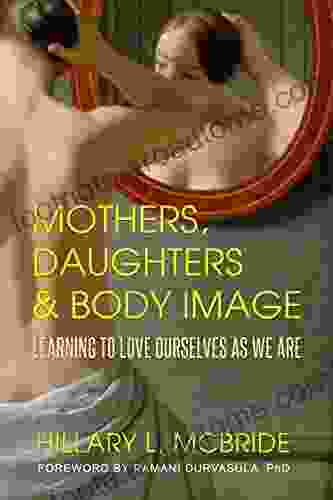
 Shawn Reed
Shawn ReedLearning To Love Ourselves As We Are: A Journey Towards...
In the tapestry of life, self-love emerges...
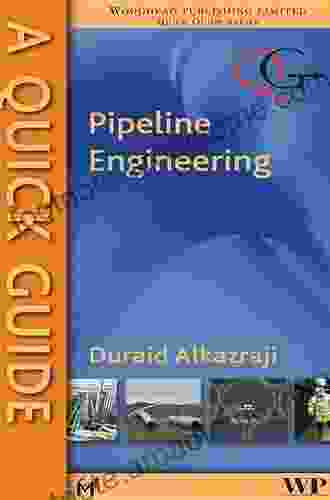
 Allan James
Allan JamesQuick Guide to Pipeline Engineering: Your Gateway to...
Welcome to the realm of...
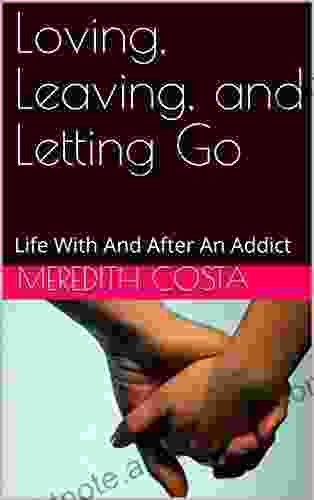
 Beau Carter
Beau CarterLife With and After an Addict: A Journey of Understanding...
Addiction is a complex and devastating...
4.6 out of 5
| Language | : | English |
| File size | : | 1887 KB |
| Text-to-Speech | : | Enabled |
| Screen Reader | : | Supported |
| Enhanced typesetting | : | Enabled |
| X-Ray | : | Enabled |
| Word Wise | : | Enabled |
| Print length | : | 395 pages |


